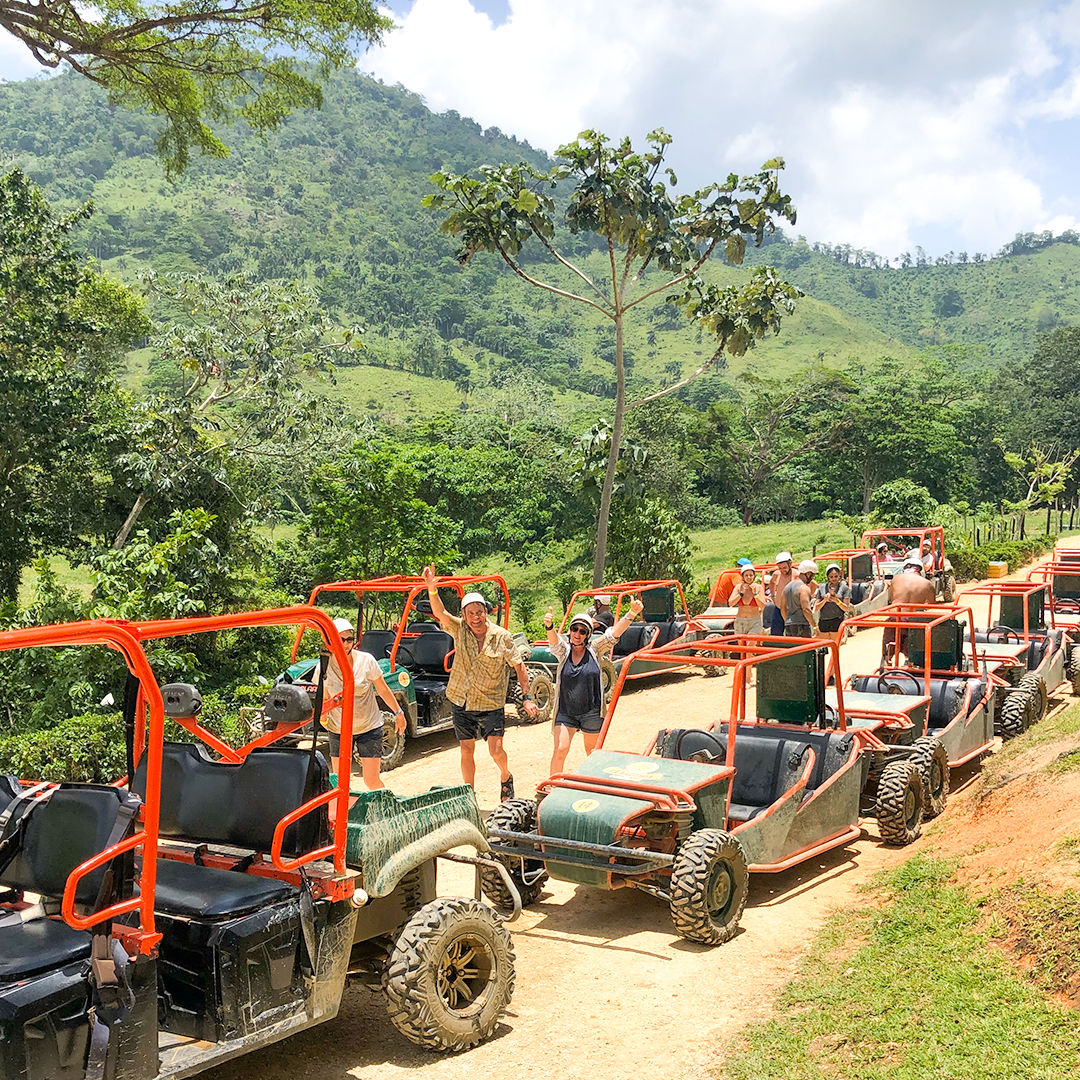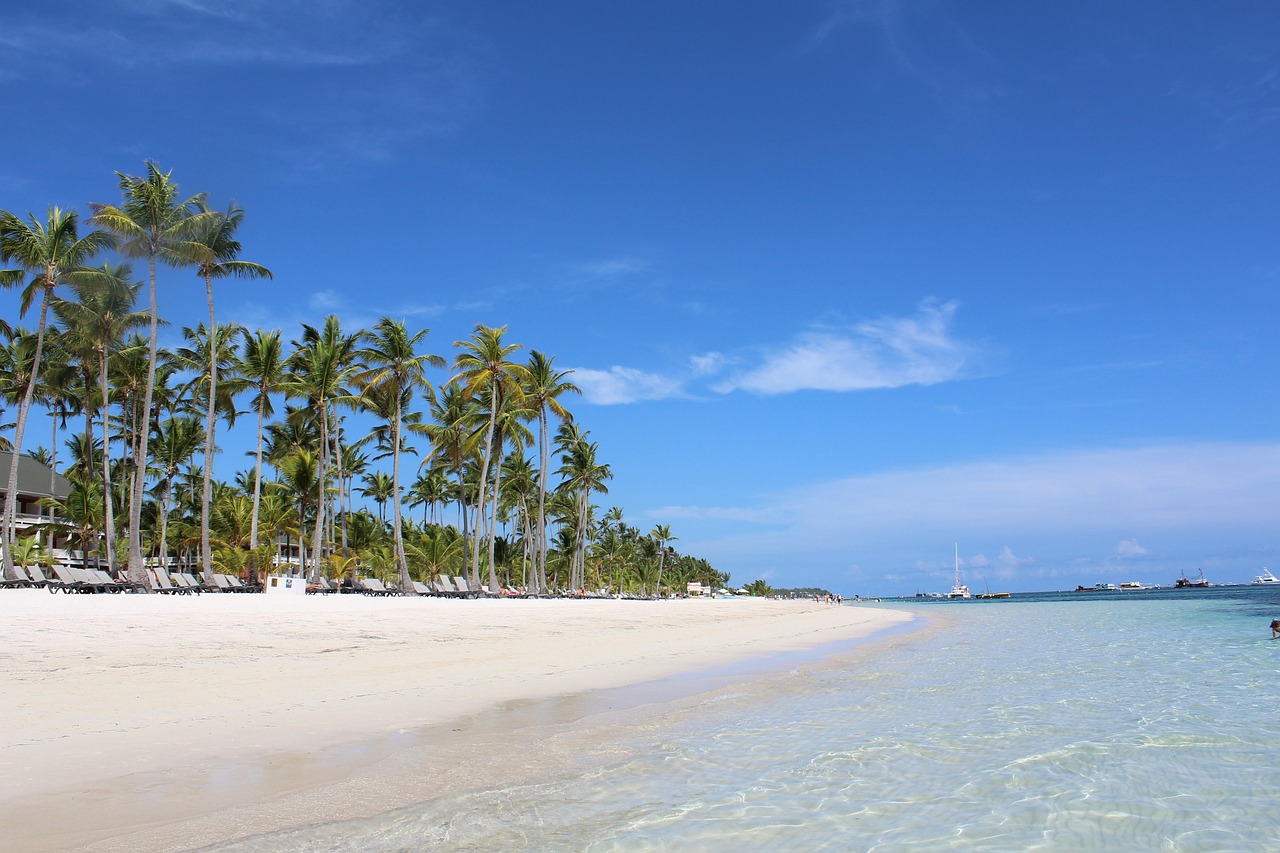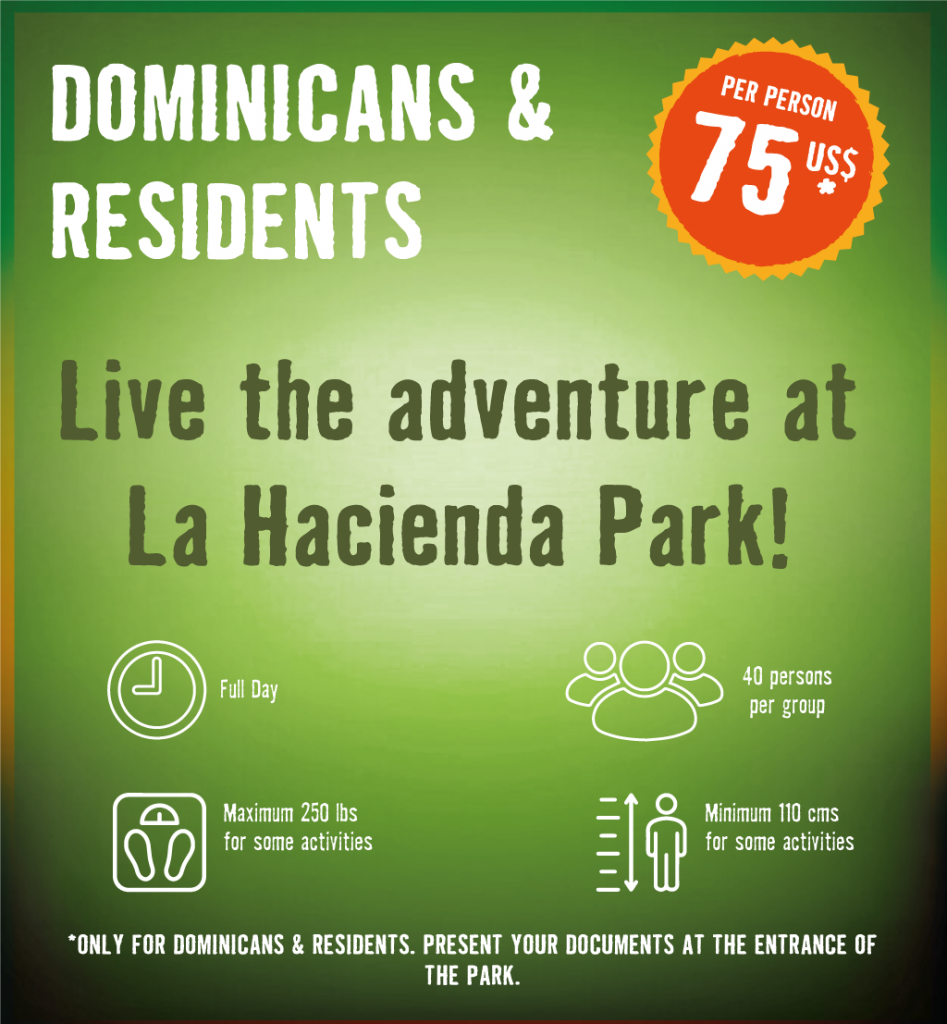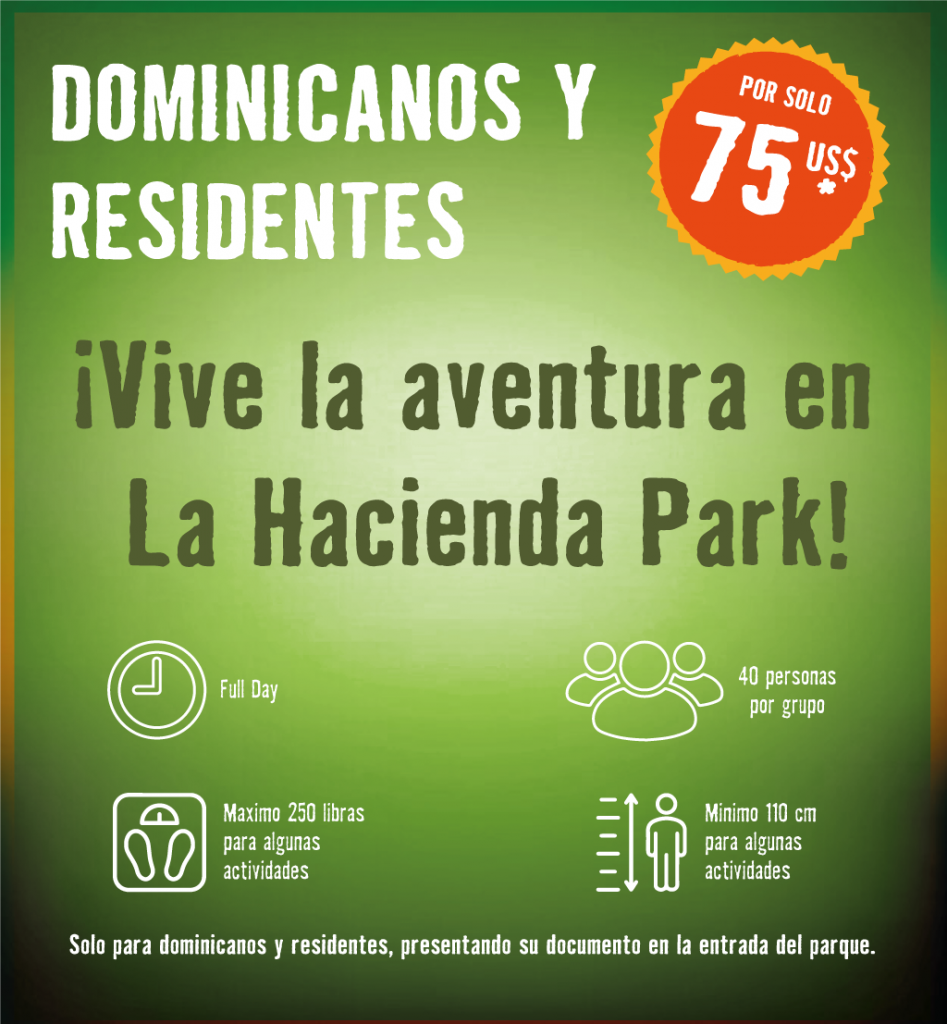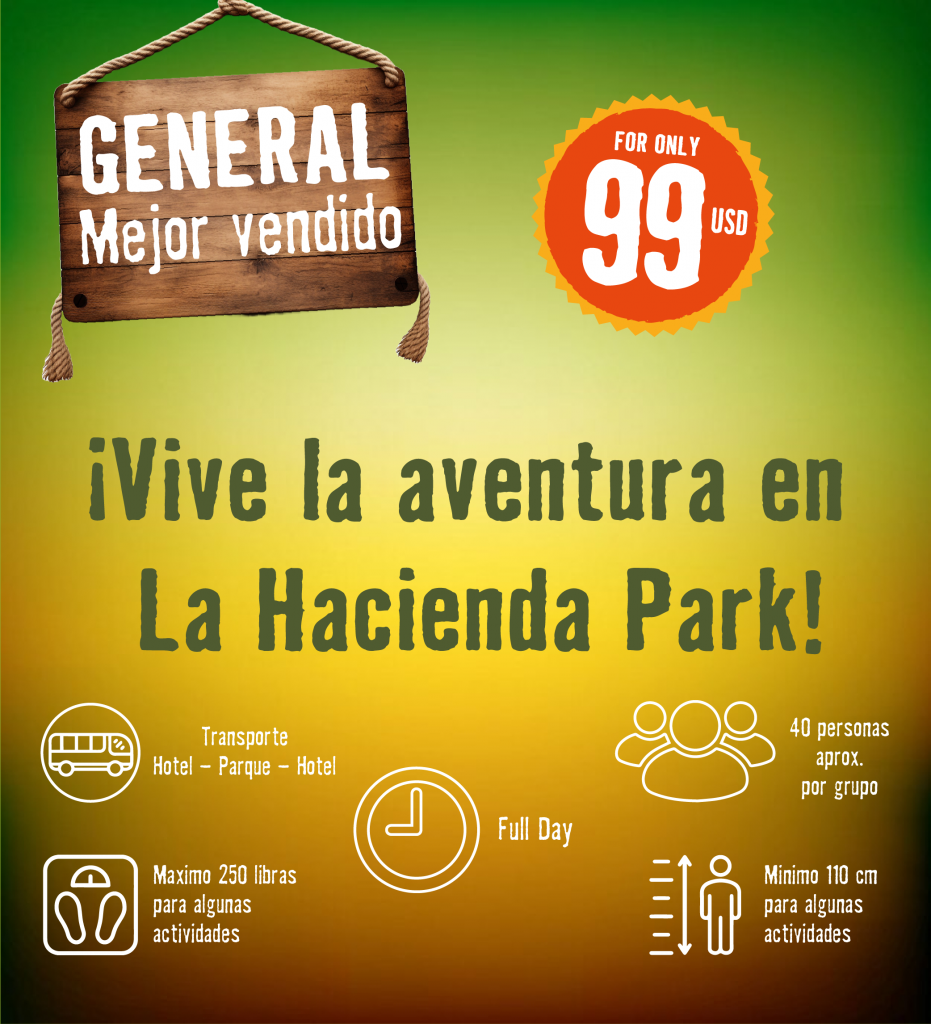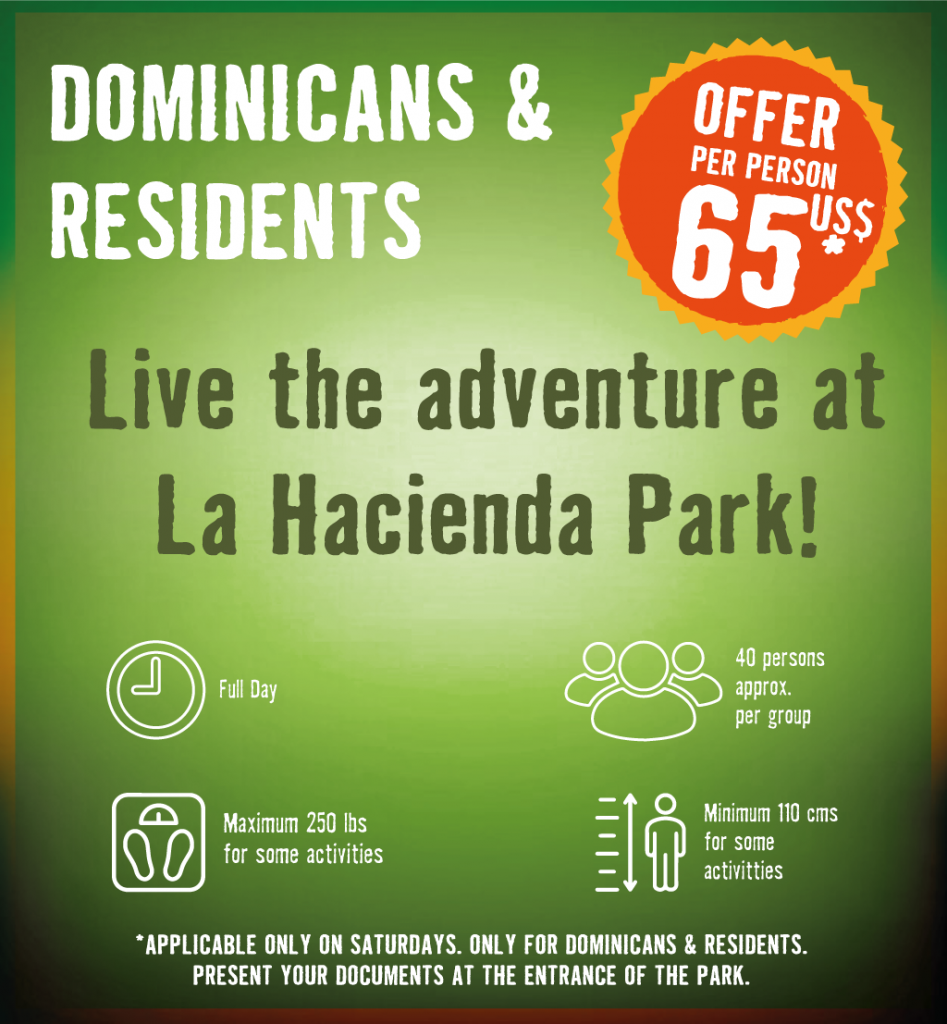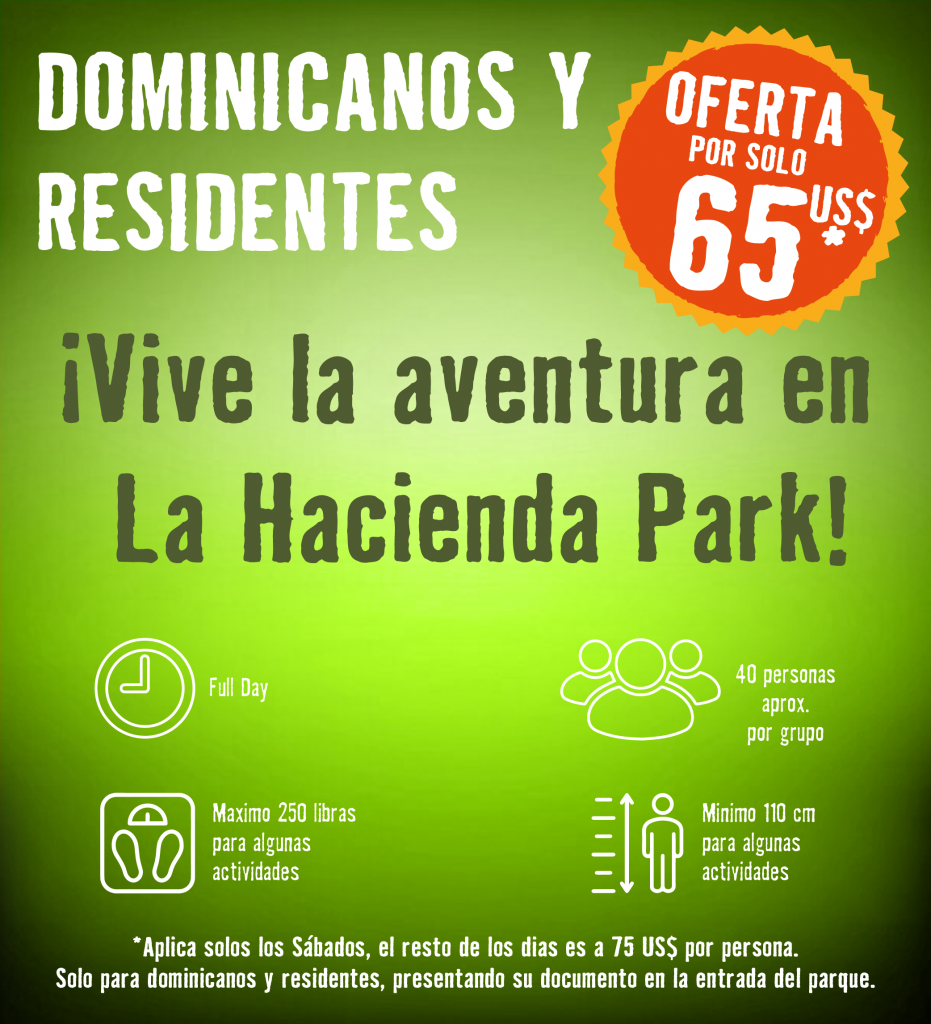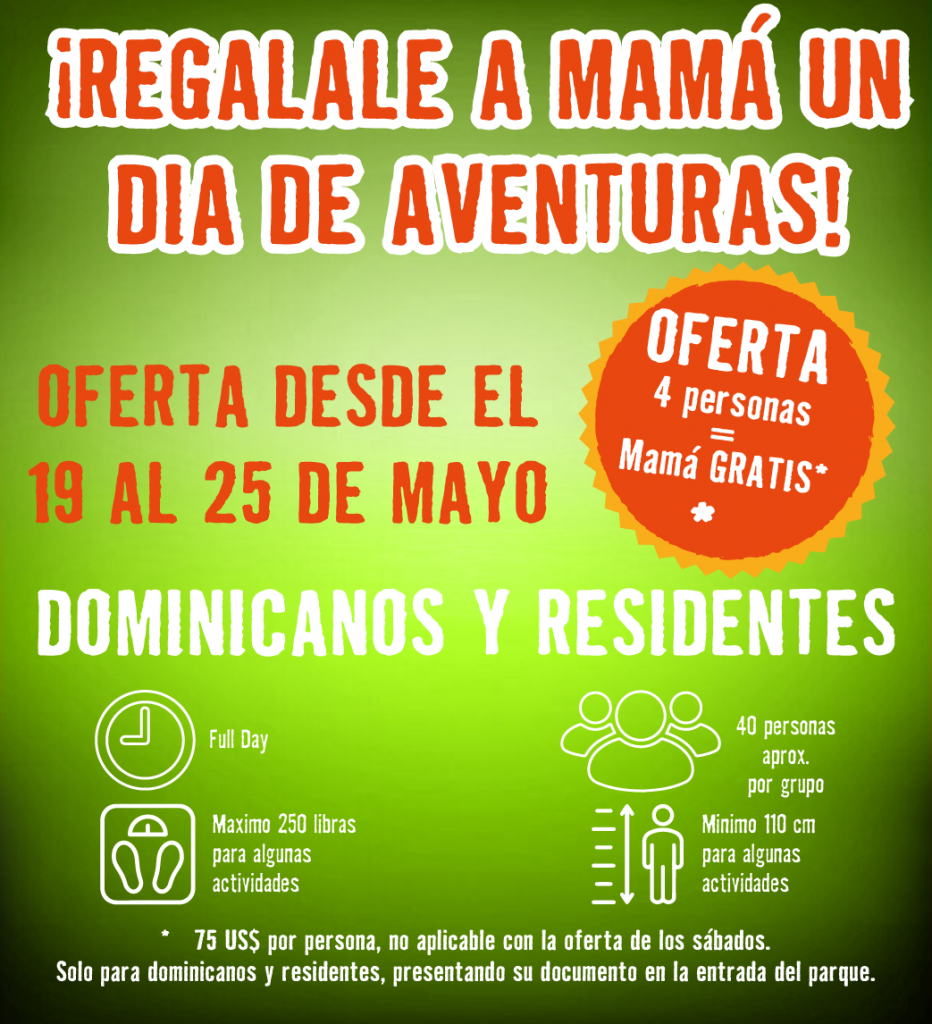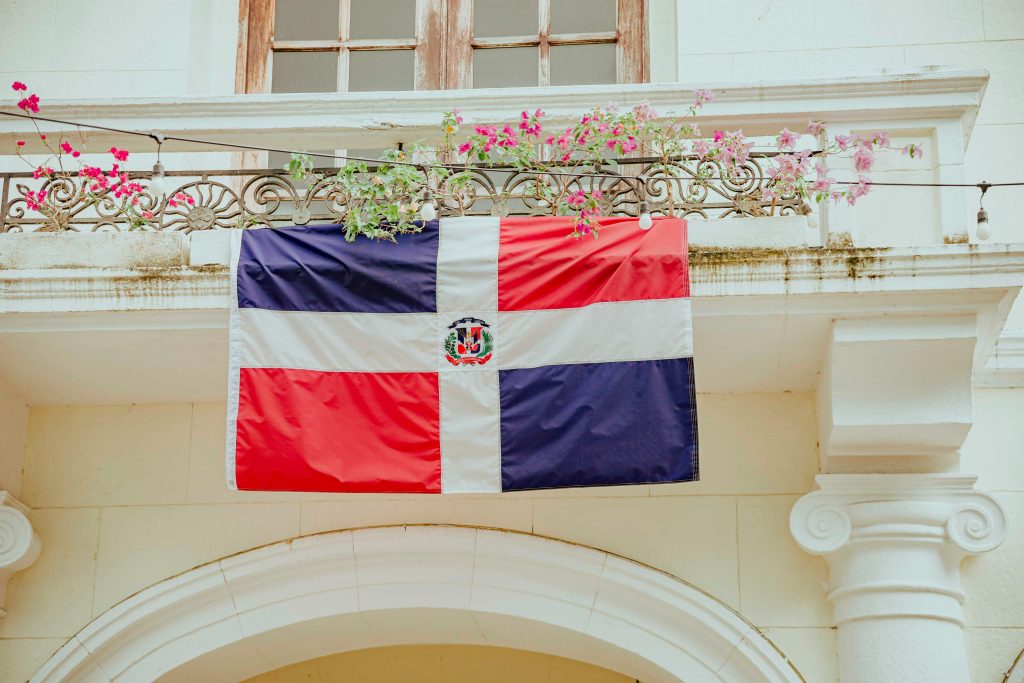
You arrived in Punta Cana! You saw the ocean, tried the mangú… but, do you understand the dominican flow? The Dominican glossary is unique in the Caribbean, famous for its speed, its rhythm, and its unmistakable flavor. It is a language that asks you to “fasten your seatbelt” to keep up.
This is your essential, fun, and practical guide to learning the most iconic phrases and words. With this Dominican dictionary for tourists, you will not only laugh more, but you will also be able to socialize better and experience the destination in a more authentic way. Get ready to talk like a Dominican and thoroughly enjoy your trip!
Dominican Glossary: Essential greetings and social phrases
Here is the basis for any daily interaction on the island. Mastering these expressions will allow you to easily connect with the local people and immerse yourself in the warmth that characterizes the Dominican people. In the Dominican Republic, words are always accompanied by a smile and a friendly tone, so if you use these phrases, you will immediately earn the sympathy and affection of those around you.
| Word / Phrase | Meaning | Use and Context |
| ¿Qué lo qué? | What’s up? / What’s new? | The most common and essential greeting. It replaces the formal “How are you?” |
| Dímelo | Informal greeting / Tell me | Similar to “¿Qué lo qué?”, but is also used to encourage someone to speak |
| Vaina | Thing, object, situation, problem. | The wild card word. Example: “Dame esa vaina” (Give me that thing) or “¡Qué vaina me pasó hoy!” (What a thing happened to me today!) |
| Dame un chin | Give me a little / Give me a small piece. | Used to ask for a small portion of something, be it food or drink |
| ¿Tú ‘tá claro? | Did you understand? / Is everything alright? | A quick way to confirm if the person has understood you correctly |
| Dame luz | Give me information / Explain to me | A request for help or for clarification. Example: “Dame luz de cómo llegar” (Explain how to get there) |
| A la verdad | Seriously / Truly | Used to emphasize an affirmation or a surprise |
| De nada | (Used to say) You’re welcome / Please | Sometimes “De nada” is said when offering something, as if anticipating thanks |
Dominican glossary: Logistics on the street and transportation
If you plan to move around on your own beyond the resorts of Punta Cana, these words are indispensable for day-to-day life. They will help you communicate with drivers, ask for directions, or take a motoconcho without any problem. Knowing this small practical vocabulary can make the difference between a simple excursion and a true local experience, full of spontaneity and connection with Dominican life.
| Word / Phrase | Meaning | Use and Context |
| Motoconcho | Moto-taxi | The fastest means of transport, although sometimes the riskiest |
| Carro público | Shared taxi / Fixed-route taxi | A car that carries several passengers on the same fixed route |
| Guagua | Bus or coach / Camper van | Refers to any bus that runs a route |
| Concho | Short trip / Taxi ride | Used to refer to a quick trip or taxi service in general |
| Parada | Bus or taxi station | Point where vehicles pick up or drop off passengers |
| Tapón | Traffic jam or congestion | Example: “Llegué tarde por el tapón de la avenida” (I was late because of the traffic jam on the avenue) |
Dominican glossary: Money, food, and party
To pay, eat, and, above all, enjoy the party in Punta Cana, these words will make you feel more comfortable. With them, you can order your favorite food, haggle with a smile, or join the festive atmosphere without feeling out of place. Speaking like a local will open doors, make you laugh, and make every moment feel more authentic and Dominican.
| Word / Phrase | Meaning | Use and Context |
| Tigre / Tigüere | Astute, audacious person, or someone with “street smarts” | The meaning varies. It can be a compliment or a warning. It is often used to refer to a person with street smarts or initiative |
| Quisqueyano/a | Dominican/a | The poetic and formal gentilic of the country. Using it is a great compliment! |
| Colmado | Small grocery store / Social corner | They are more than just stores; they are gathering points for buying, drinking, and socializing |
| Jumo | Drunkenness / Estar en un jumo: to be drunk | The most common word to describe intoxication |
| Cualtos | Money | Colloquial way of referring to money. Example: “No tengo cualtos ahora” (I don’t have money right now) |
| Jevas / Jevos | Young women / Young men; couple | Used to refer to young guys or girls, or a romantic partner |
| A priori | Off the bat / Before starting | Used in street language to state something that is taken for granted or known beforehand |
| Wawawa | Party, chaos, something that is great | Used to describe an environment with a lot of action or something that is incredibly good |
The glossary essentials
These are words that will help you understand the rhythm of daily life in Punta Cana. You will hear many of them on the street, on the beach, or in any casual conversation, because they are part of the Dominican everyday language. Learning them will allow you to better capture the essence of the place, move with more confidence, and enjoy every moment like a true local.
| Word / Phrase | Meaning | Use and Context |
| Ahorita | In a little while (which can be in 5 minutes, 5 hours, or never) | Requires patience. Its meaning is very flexible and is not an exact measure of time |
| Yala | It’s okay / Done / Agreed | A quick and modern way to say that you understood or accepted something |
| Zafacón | Trash can / Wastebasket | If you need to throw something away, this is the word you should look for |
| Pollo | Nervous or scared person | Used to describe someone who gets scared easily |
| Brutal | Great / Incredible / Stupendous | A very positive word to describe something you liked a lot |
| Dique | Supposedly / Apparently | Used to express doubt about an affirmation. Example: “Él dique que va a ir” (Supposedly he is going to go) |
Use the glossary with respect!
Now that you have your Dominican glossary, remember these tips for interacting with the local people:
- Don’t Be Afraid to Ask: If a local uses a word you don’t understand, don’t be afraid to ask what it means. Dominican people are hospitable and will take it well.
- The Best Compliment is Trying: The greatest compliment you can give a local is to try to speak like them. Use “¿Qué lo qué?” with a smile. This shows that you are interested in their culture and way of life.
- Context Matters: Remember that words like “tigre” change meaning depending on who says them and the tone. Use them with caution.
The Dominican Spanish is as flavorful as its food. Now you’re ready! Use these words, enjoy the culture, and get ready to live your adventure in Punta Cana like a true Quisqueyano.
Practice your Dominican Spanish on your next adventure! Reserve your tour at La Hacienda Park and meet the coolest people on the island.

